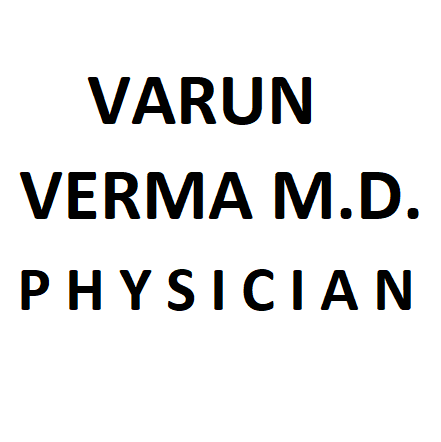QUESTION
I’m having a difficult time at work as a hospitalist. No work life balance. Everything is my problem, patient and family interactions are difficult and specialists aren’t that helpful. Is this what I signed up for? Did I make a mistake becoming a hospitalist?
Someone help.
MY ANSWER
“There is nothing either good or bad, but thinking makes it so.” Shakespeare. Act II Scene 2 Hamlet
I’ve been a hospitalist for 11 years and counting…
CHALLENGES :
1/ Everything is your problem as the primary team. That won’t change.
Hospital medicine is about being the physician who is the quarterback/patient coordinator/chief quality & safety officer. It’s lots of social work/paperwork. It’s super frustrating at times, mundane at other times, and yet affords a lot of flexibility in your time off.
Lots of services these days don’t take admissions as the primary – they have hospitalists admit their patients and they consult. This is usually because they don’t have in house overnight coverage, and we have nocturnists. I assume this is only going to get worse as time goes on.
I’ve found the past decade that the job is only getting harder as patients live longer and with more comorbidities. There are multiple balls in the air for us to drop, and it’s really hard to do a good job and get out on time.
2/ The only thing in your control is You.
Work on your mindset and your efficiency. Nursing won’t change, specialists won’t change, patients/families certainly won’t – they’re sick and looking for help.
3/ Specialist interactions can be challenging
Specialists are usually focused on their one problem, and will come and go. We sometimes forget they have office work, consults, procedures/OR time. On some occasions patients/families request a specialist and you may feel obligated to call one, and at other times there may be good medical-legal reasons to call one, and finally sometimes you need a procedure or operation performed for a patient that you cannot do. One thing to realize is that a lot of stuff that is concerning to patients/families but can be followed up as an outpatient.
Now as the primary doc in the hospital – the hospitalist – you get stuck with the patient’s frustration/disappointment.
BENEFITS:
1/ Schedule flexibility
2/ Variety of work
3/ Opportunities to be involved in many areas throughout the healthcare spectrum
WHAT CAN YOU DO:
All of the above being said- sounds like you need to work a little on your own efficiency for your own sanity/career longevity. Write the note as you leave the patient’s room / absolutely don’t chart at home, enter orders real time or they’ll get forgotten, learn to triage pages/secure texts unless you’re on the code-blue or rapid response team. Other things you can do is ask your director to set up a meeting to talk to nurses and nurse managers about how they can better communicate with your group.
Hang in there! Lots of luck.

